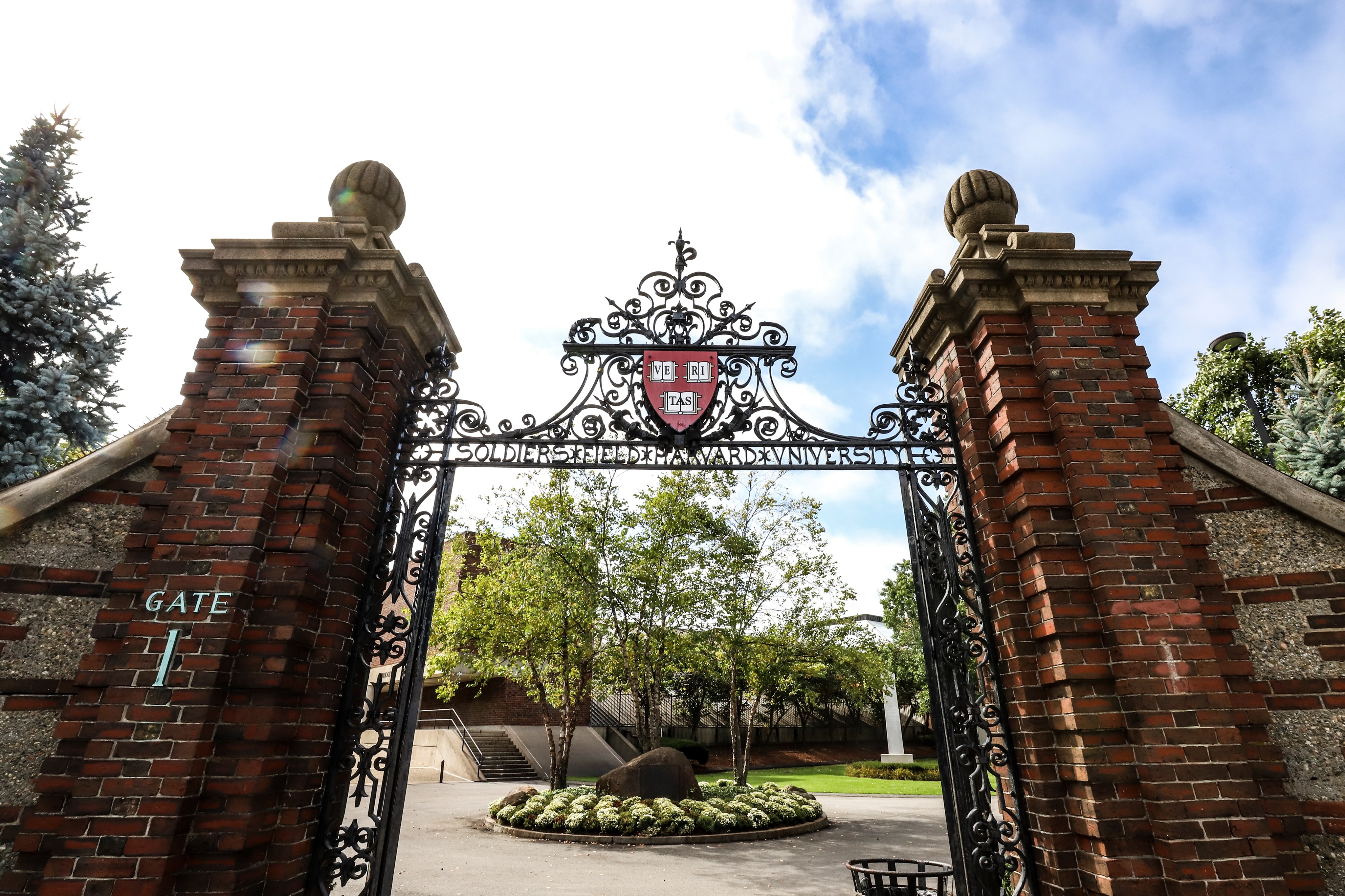By Amy L. Jia and Simone C. Chu
With over a year of virtual classes under their belt, the Class of 2021 graduates tomorrow into a changing workforce. Like previous graduates, most seniors plan to hold jobs in the finance, consulting, and technology sectors, and 43 percent will live in either Massachusetts or New York.
Fifty-eight percent of graduating seniors reported that the Covid-19 pandemic “greatly” or “somewhat” informed their post-Harvard plans. A majority, 61 percent, plan to enter the workforce immediately after graduation. Sixteen percent will attend graduate or professional school, and 8 percent will pursue fellowships. The percentage of seniors who are undecided about their-postgraduate plans fell by 4 percent from last year to 14 percent. Less than 1 percent of surveyed seniors said they plan to travel after graduation.
Location
Consistent with previous years’ findings, most seniors will live on the East and West Coasts after graduation.
- One in five graduating seniors will remain in Massachusetts. While the percentage of graduates relocating to New York was similar to last year’s, holding at 22 percent of the class, the percentage of seniors moving to California dropped from 15 percent of the Class of 2020 to 10 percent of the Class of 2021.
- Eleven percent of graduates plan to live outside of the United States after graduation. Of these students, over 75 percent will move to Europe.
- The percentage of students who are undecided about where they will be living increased slightly from last year, from 12 percent to 14 percent.
Industry
Finance (21 percent), consulting (19 percent), and technology (17 percent) remained the three industries of choice among graduating seniors who plan to enter the workforce immediately after graduation.
This year saw a modest uptick in the percentage of graduating seniors who indicated they will be pursuing work in academia or research, rising from 7 percent of the Class of 2020 to 10 percent of the Class of 2021.
Five percent of seniors entering the workforce indicated they plan to go into government or politics, and 5 percent indicated they will be working in public service or non-profits. This marked a slight increase from last year, where each field only drew 3 percent and 4 percent of seniors, respectively.
Of the seniors who indicated they will be working in health, 77 percent identified as female. Sixty-nine percent of seniors who indicated they will be working in academia or research identified as female.
Gender gaps in consulting and finance widened slightly from last year. While women narrowly outnumbered men in consulting last year, 55 percent of this year’s prospective consultants identified as male. Sixty-two percent of 2021 graduates working in finance identified as male, up from 53 percent last year.
Fifty-seven percent of seniors working in technology identified as male this year, a modest decrease from the reported 64 percent last year.
Starting Salaries
Sixty-three percent of seniors entering the workforce expect to make more than $70,000 during their first year out of college — well above the national average of $50,000. Recent national surveys predict a small increase in the average starting salary for Class of 2021 graduates compared to Class of 2020 graduates, though a few disciplines are projected to experience greater gains.
- Of the seniors planning to work in the tech sector, 57 percent said they expect to earn more than $110,000 in their first year on the job. By contrast, 25 percent of students planning to work in either the health or education industries expect to earn less than $30,000.
- Roughly 60 percent of respondents who are taking jobs expect to earn a bonus during their first year — a 10-point decrease from last year. Twenty-seven percent of seniors entering the workforce said they expect a bonus greater than $20,000.
- Nearly every graduate entering finance or consulting expects to earn a bonus. Seventy-two percent of seniors entering finance anticipate a bonus greater than $20,000 in their first year.
More than $110,000
$90,000 or more
$70,000 or more
$50,000 or more
Less than $50,000
Financial Assistance
Sixty percent of respondents expect to receive financial support from their families during their first year out of college. Seventeen percent indicated they expect to receive “substantial” support, which could include rent or living expenses.
Twelve percent of seniors will graduate with student loans. Of that number, 41 percent reported the loans have impacted their post-graduate plans.
Seventy percent of seniors reported their families’ socioeconomic status informed their post-graduate plans. Of surveyed graduates, twenty-one percent indicated it “greatly” informed their plans, and 48 percent indicated it “somewhat” informed their plans.
